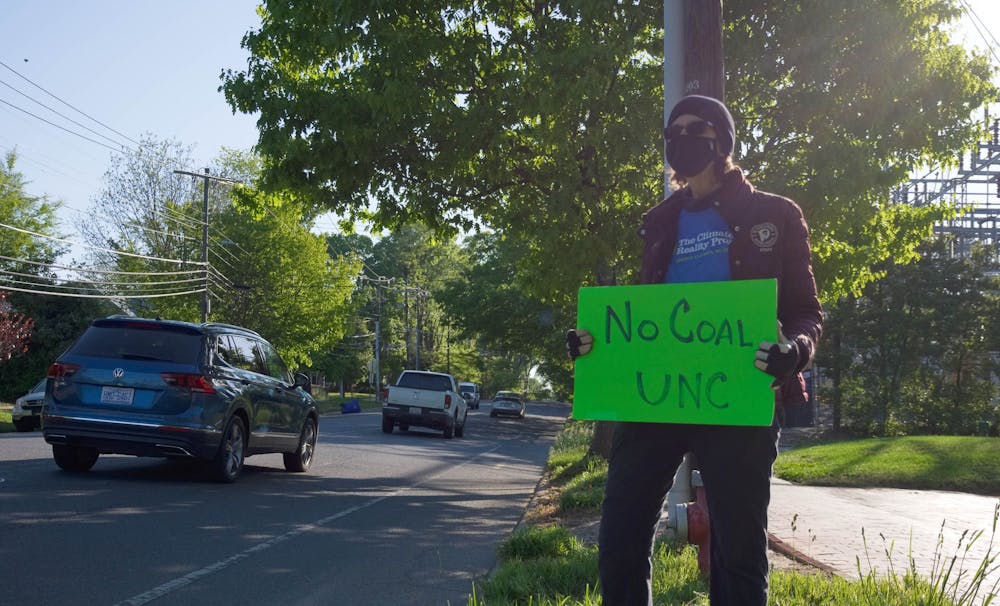UNC is pledging to be carbon neutral by 2040 — a decade earlier than its last goal — with its new Climate Action Plan.
The plan, announced by Sustainable Carolina on April 16, comprises 25 different strategies to lower the University's greenhouse gas emissions.
This announcement comes about five years after the University abandoned its 2010 plan to be coal-free by 2020, citing technological and financial restrictions. The University's previous Climate Action Plan, from 2009, set a goal to reach carbon neutrality by 2050.
The new Climate Action Plan documents the progress made on previous initiatives and moves that deadline for carbon-neutrality up to 2040.
“It is the difference between a 30-year window and a 20-year window, so it is a substantial acceleration," Mike Piehler, UNC’s chief sustainability officer, said. "And our goal in having the plan is being sure that we are articulating our broad vision for achieving this big goal, and allowing us to have all of the multiple methods that will be needed to meet this goal, fall into line with the central planning effort.”
Piehler said the new Climate Action Plan seeks to become carbon neutral as fast as the University possibly can. The new plan also outlines the 2009 plan’s achievements and failures.
“We are going to dream big and do big things, so it is important to be clear about what has worked and what has not and why it has worked or has not,” Piehler said.
Clinical associate professor Carol Hee, the faculty co-chairperson of the UNC Sustainability Advisory Committee, appreciates that the new plan will provide updates on the status of the University's sustainability goals.
“Instead of just putting a goal out there and being quiet about it until the big 'ta-da', we made it you need to provide continuous updates, so I think that is a very strong point," Hee said.



